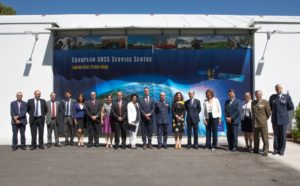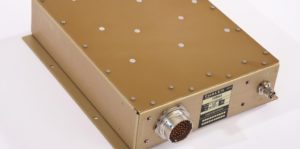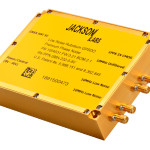The two Galileo satellites launched into elliptical orbits in August 2014, GSAT0201 using PRN code E18 and GSAT0202 using PRN code E14, started transmitting navigation messages for test purposes on 2016-08-05.
The Signal Health Status (SHS) flags are set to “Test” and the Data Validity Status (DVS) flags to WWG (working without guarantee). The satellites will not be included in the broadcast almanacs.
Users are requested to provide feedback on usage of GSAT0201 and GSAT0202 by contacting the help desk on the European GNSS Service Centre web portal.






